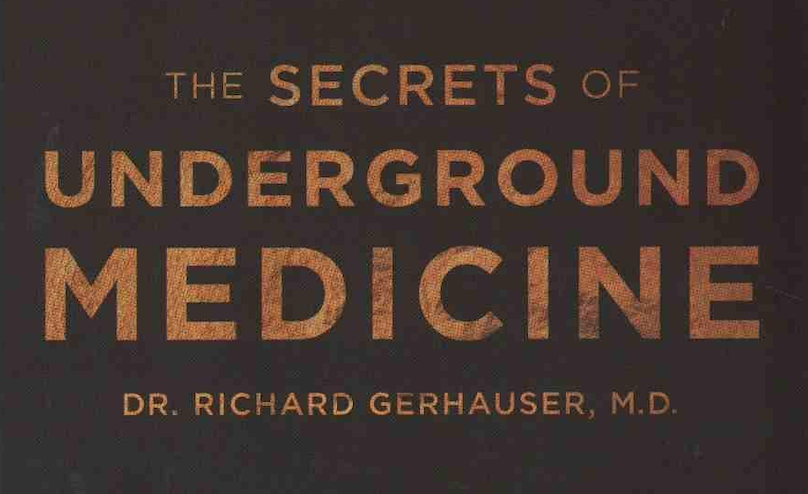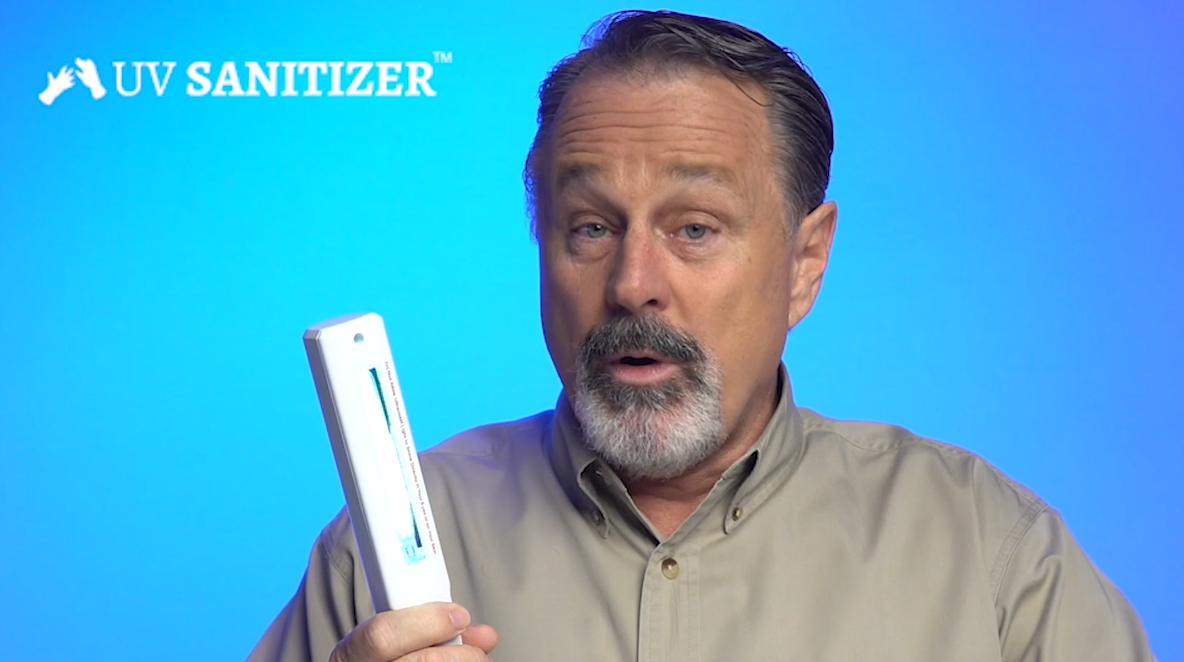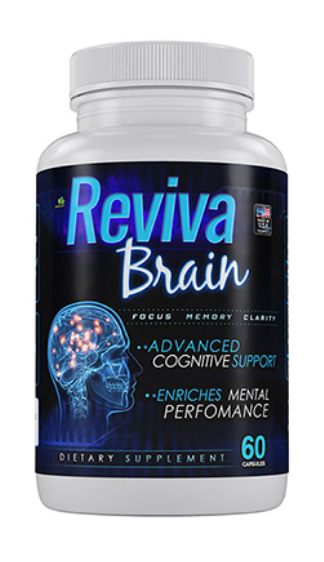
Dr. Richard Gerhauser
Doctor pitches bogus health treatments in violation of federal order.
Spam email leads to a fake endorsement from Dr. Oz, among other celebrities.
The “Dr. Oz Effect” is real and it’s spectacular. CBS News explained the phenomenon in 2014, when Dr. Mehmet Oz testified before Congress on his “miracle” diet pills:
On his show in May 2012, Oz touted a product called green coffee bean extract. After the show aired, a company in Florida sold half a million bottles of the pills. The Federal Trade Commission then filed a lawsuit against the company for false advertising.
Oz had proclaimed on his show that green coffee bean extract was a “magic weight loss cure for every body type,” which sent sales skyrocketing — even as there was little to no scientific evidence to back up the claim.
Today, there isn’t a hotter (deceptively marketed) product than those containing cannabidiol, or CBD. But this time, Oz says, he didn’t have anything to do with it. And he says he’s “fed up” with CBD marketers using his name and image to sell their products online.
But “America’s doctor,” as Oprah anointed Oz in 2004, isn’t alone.
Take UNBS CBD Gummies, which came to our attention via a spam email designed to look like it came from a friend.
The body of the email linked to a webpage masquerading as a “special report” that not only uses the name and image of Oz, but also those of Megyn Kelly, Willie Nelson, Morgan Freeman and Phil Mickelson.
Kelly is said to have teamed up with Oz to create the gummies, while Nelson, we’re told, was given a sample of the gummies by Kelly and found the product to be a “miracle worker.”
A fake news article and phony celebrity endorsements are two red flags. Others include:
If you receive the same spam email we did, ignore it.
Find more of our coverage on CBD here.
Our Ad Alerts are not just about false and deceptive marketing issues, but may also be about ads that, although not necessarily deceptive, should be viewed with caution. Ad Alerts can also be about single issues and may not include a comprehensive list of all marketing issues relating to the brand discussed.
Doctor pitches bogus health treatments in violation of federal order.
When it comes to UV devices and COVID-19, there is no magic wand.
Fake Business Insider reporter Brandt River strikes again.

